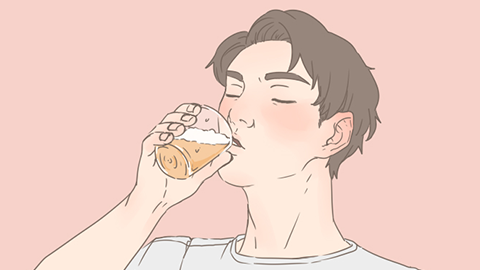Can patients with gallbladder polyps drink alcohol occasionally?
Generally, gallbladder polyps refer to benign growths on the gallbladder wall. Most cases are asymptomatic, but a few may progress or lead to complications. Whether individuals with gallbladder polyps can occasionally drink alcohol should be determined based on their specific condition. If discomfort such as abdominal pain or nausea occurs, prompt medical attention is recommended. Detailed analysis is as follows:

If the gallbladder polyp is small, and there are no symptoms such as abdominal pain or bloating, and no complications like cholecystitis or gallstones, occasional light drinking may not immediately cause serious problems. However, "occasional" should mean infrequent consumption, and "light" must involve strict limitation of alcohol intake. After drinking, one should closely monitor bodily reactions, as alcohol may stimulate gallbladder contraction and trigger discomfort.
If the gallbladder polyp is large, or if symptoms such as recurrent dull pain in the upper right abdomen or indigestion frequently occur, or if there are concurrent conditions like cholecystitis or gallstones, even occasional drinking is not recommended. Alcohol can provoke strong gallbladder contractions, potentially causing compression or friction on the polyp, increasing the risk of rupture or malignant transformation. It may also exacerbate inflammatory responses and trigger biliary colic, which is detrimental to disease management.
In daily life, it's best to primarily consume plain water or mild tea, avoiding all types of alcoholic beverages such as liquor and beer. The diet should be light and low in fat, with avoidance of overeating. If discomfort such as abdominal pain or nausea occurs after drinking, or if follow-up examinations reveal significant polyp growth, immediate medical consultation is necessary. Follow your doctor’s advice to adjust lifestyle habits or receive further treatment.





